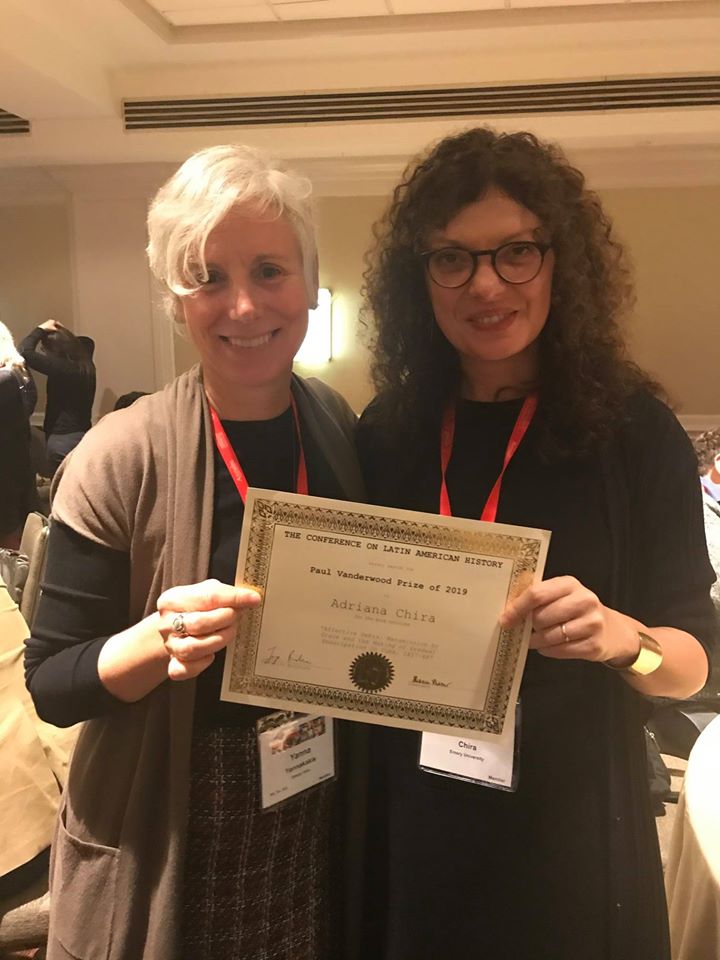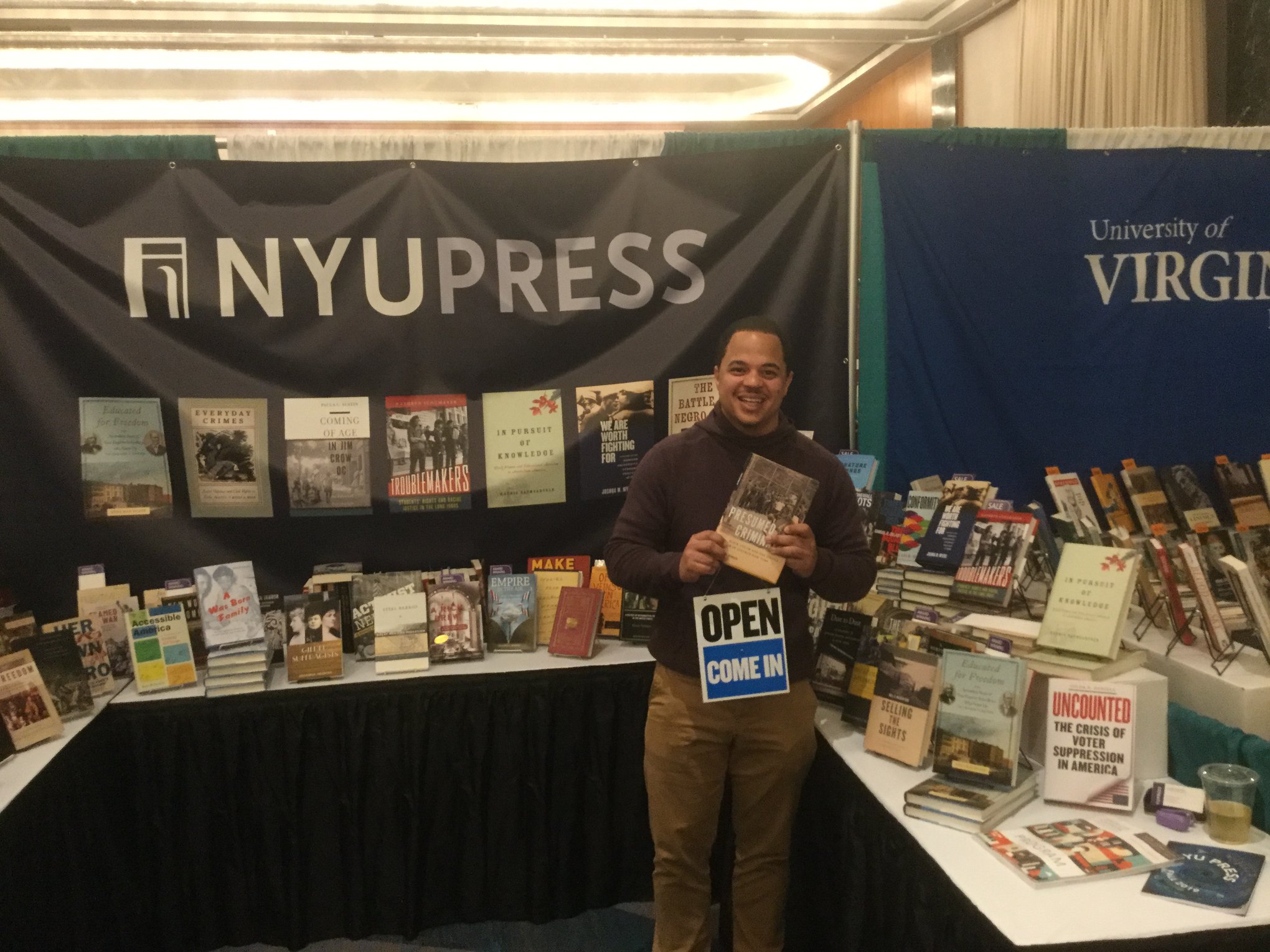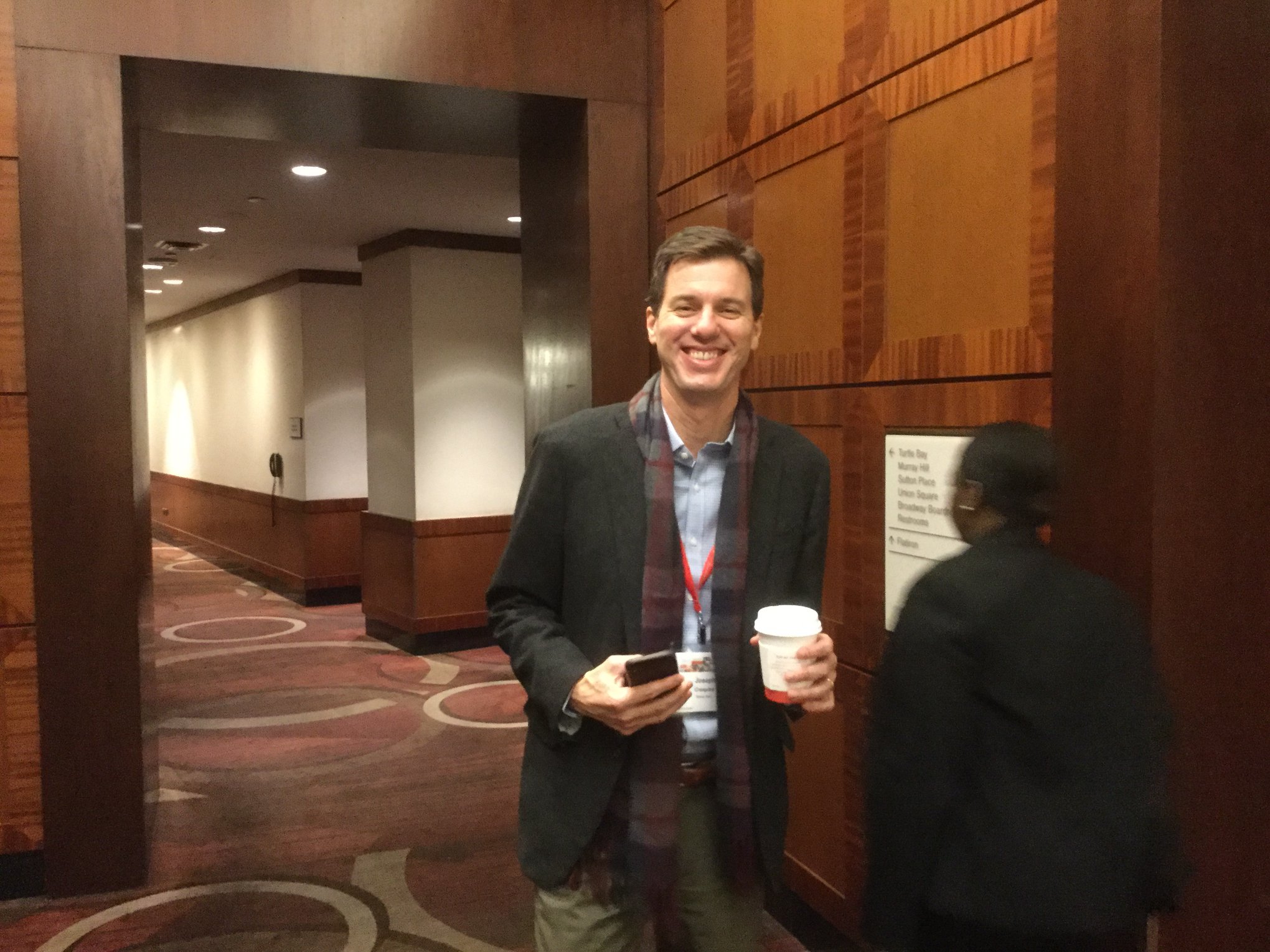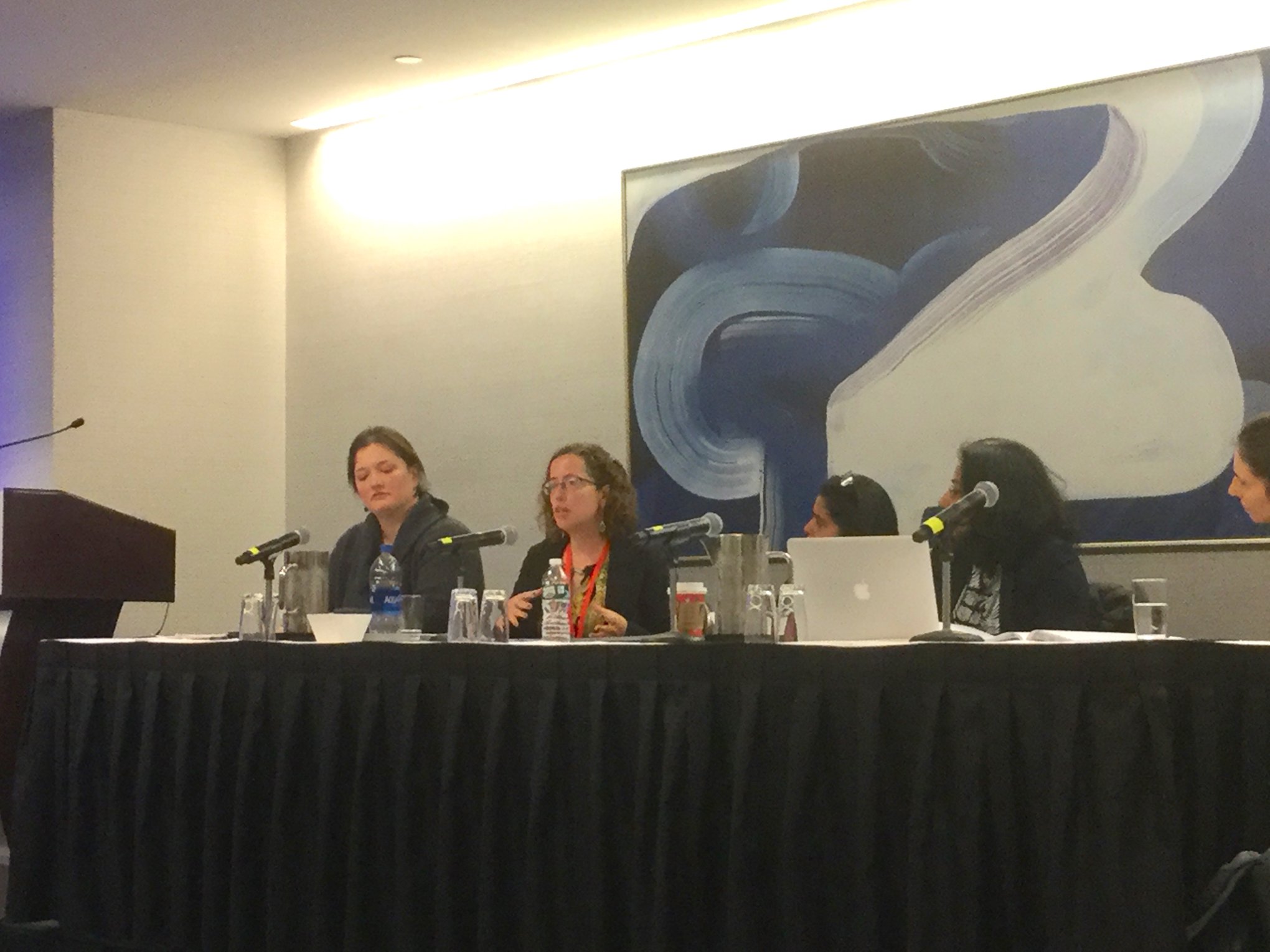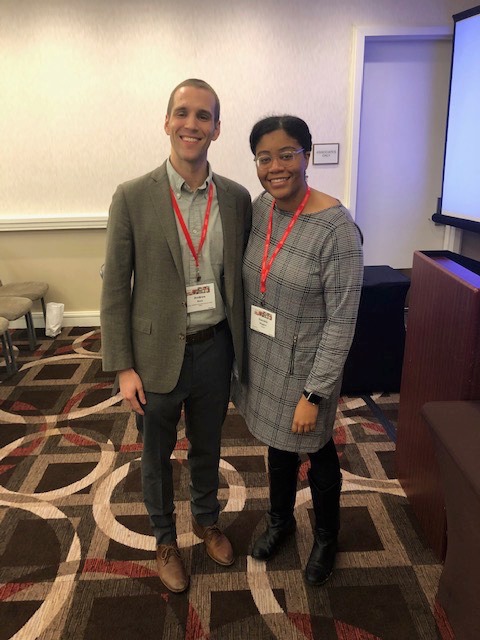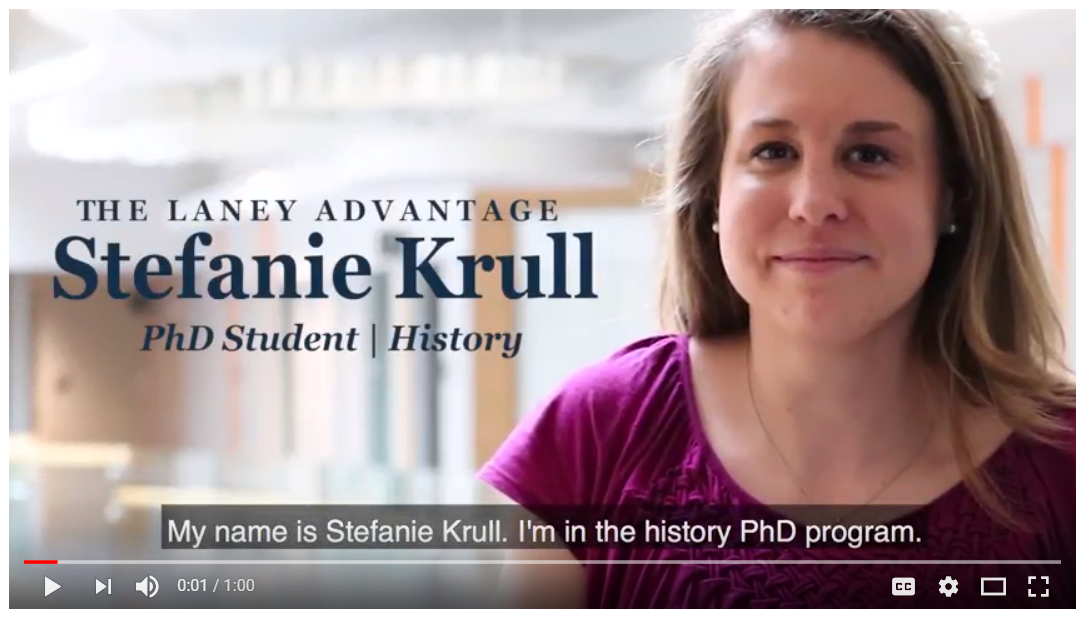Second-year graduate students Alexander Cors and Shari Wejsa are the two 2017-18 HASTAC Scholars at Emory’s Fox Center for Humanistic Inquiry. Cors and Wejsa recently published entries on the blog of HASTAC, which stands for the Humanities, Arts, Science, and Technology Alliance and Collaboratory. Check out links to their recent posts and read their HASTAC biographies below.
Alexander Cors
My research interests broadly encompass transatlantic history in the early modern period, from 1450 to 1850. Geographically, my focus is on Latin America and Europe. I am particularly interested in colonial Louisiana, the circum-Caribbean, and Bourbon Spain.
My current project investigates migration and settlement patterns, immigration policies, and discourses on foreigners in eighteenth-century Louisiana. I am particularly concerned with questions of ethnicity, integration, and identity in the early modern transatlantic empires of France and Spain. I am also interested in Digital Humanities, especially the use of GIS technology to create ethnolinguistic maps of the eighteenth-century Mississippi Valley.
Shari Wejsa
As a PhD student in Latin American history, I study the experiences of Angolan and Mozambican immigrants and refugees in Brazil in the postcolonial period. I examine how their migratory experiences have shaped their identities as they adapted to Brazil while remaining connected to their countries of origin. I also explore how international human rights law and evolving immigration policies have affected the lives of these migrants. My research interests are an extension of my Fulbright Commission-sponsored work on Brazil’s National Truth Commission, which investigated the human rights violations committed during Brazil’s military dictatorship (1964-1985), and the inequities of educational access for Afro-Brazilian girls and women in Bahia. As an educator, I seek to cultivate critical thinking on issues of human rights and social justice while advocating for active engagement as transformative power.

